Graham Reid | | 2 min read
12 Dollar Motel
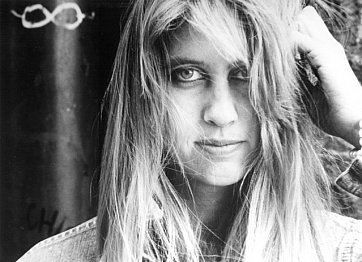
Some advice to young artists, a couple of things to avoid.
First, never join a movement which has a manifesto because within a very short time people will fall out over how to interpret it. And next thing you know the movement has broken up and counter-manifestos have been published and are being argued over.
Second, never get involved with anything which styles itself as “New” (or variants like “nu-” or “neo-”) because the very description renders it redundant quickly.
The next one is more tricky because it's kind of out of your control, but try to avoid being described as part of a scene. Music writers are always keen to “discover” a “scene” and will shoe-horn even the most disparate characters into it.
Some long while back we looked at “the scene” of neo-boho folkies in Downtown New York City in the late Eighties/early Nineties which included Kirk Kelly, Roger Manning and Cindy Lee Berryhill.
By chance Naked Movie Star by Berryhill has come to hand, pulled at random from the shelves for a consideration.
Previously we'd written about her and pointed to her 1987 debut album Who's Gonna Save the World?
She always seemed the most interesting of the loose affiliation: a Californian whose heart was in punk, Beat poets and Patti Smith more so than downbeat acoustic Dylan.
So it seemed right that Naked Movie Star, her second album, would be produced by Lenny Kaye.
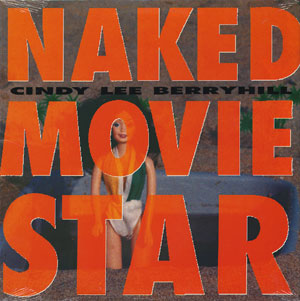 Listened to at this distance however --beyond her lyrical ability which skewers American life, hard scrabble music careers, a song entitled Trump which sounds like it comes from a bad off-Broadway show (“I'll take Manhattan if I could fatten up my salary”) and crafted ballads -- what seems to come through more clearly is just how influenced by Springsteen and the E Street Band, Patti Smith and the Rickie Lee Jones/Tom Waits axis she is.
Listened to at this distance however --beyond her lyrical ability which skewers American life, hard scrabble music careers, a song entitled Trump which sounds like it comes from a bad off-Broadway show (“I'll take Manhattan if I could fatten up my salary”) and crafted ballads -- what seems to come through more clearly is just how influenced by Springsteen and the E Street Band, Patti Smith and the Rickie Lee Jones/Tom Waits axis she is.
Kaye – perhaps because the material like speak-sing 12 Dollar Motel suggested Jones/Waits – leans into those references but the result is Berryhill, good though she is, here sounds less like herself than someone aiming for, or being tailored to, an audience who now missed boho-Jones and semi-retired Smith.
British reviewer Dave Jennings at the time also noted Kaye ("the old dog hasn't learned any new howls”), the bluesy organ and guitar tones reminiscent of the E Street Band and the 13 minute-plus Yipee, “a Patti Smith-like epic ramble through dislocated, discontented images over what sounds like rambling improvisation”.
The final song (no lyrics included) is Baby Should I Have A Baby?, a weirdly upbeat jazzy, finger-snap almost musical hall swing thing where she wonders about taking the Pill, having an abortion and so on. It's weird.
So while it was interesting to revisit this album by sheer chance, Elsewhere's default Berryhill will remain her debut.
This is an album which is the sum of other people's influence.
.
You can hear this album on Spotify here.
.
Elsewhere occasionally revisits albums -- classics sometimes, but more often oddities or overlooked albums by major artists -- and you can find a number of them starting here


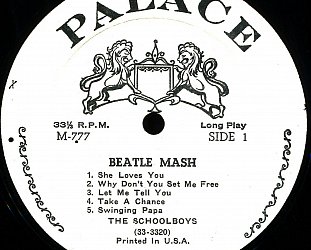
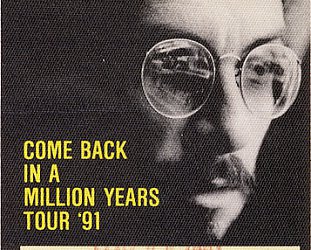
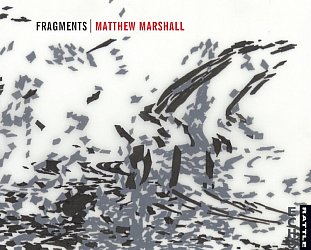
post a comment